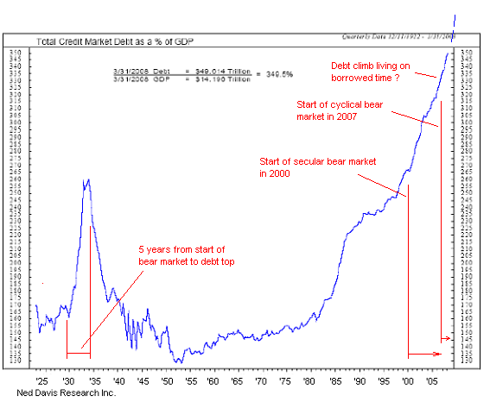AWACS planes, as you are probably aware, with the funny looking big disk fitted on top of a Boeing airliner, are radar eyes high in the sky for directing major military operations. Putting these into an area is typically about the first step (after the spy drones) in any big military action.
So it was a seemingly jolting development this week when an Iranian AWACS reportedly crashed and burned during a military air show in Tehran. It was the only AWACS plane Iran had and fell on the mausoleum burial area of Khomeini, a national shrine. This has raised speculation that the plane may have been sabotaged by Israeli agents in preparation for an air strike. It's a strange coincidence that their only eye in the sky is blinded just as other things are indicating an Israeli strike coming soon.
However, Stratfor is of the opinion that the supposed loss of this plane is largely an embarrassment with limited overall strategic importance. This is simply because all of Iran's air force is poorly maintained with a lack of pilot training. Iran's air force is not their strong suit.
While Iran's eye in the sky has been removed, other AWACS are being placed into the area. In a September 17 article, Threat To Iran Grows As Black Sea Crisis Deepens:
The American Defense Security Cooperation Agency announced plans last week to supply Turkey, the only NATO member state bordering Iran, with almost $8 billion dollars worth of theater interceptor missiles, of the upgraded and longer-range PAC-3 (Patriot Advance Capability-3) model. The project includes delivering almost 300 Patriots for deployment at twelve command posts inside Turkey.
In June the Turkish government confirmed that NATO AWACS (Airborne Warning and Control System) planes would be deployed in its Konya province.
The last time AWACS and Patriot missiles were sent to Turkey was in late 2002 and early 2003 in preparation for the invasion of Iraq.
The whole Russia vs Georgia trouble in the region is largely because Georgia is the football in the geopolitical game between Russia and the U.S. It is an important staging area for any coordinated operation against Iran as the article states per Dmitry Rogozin, a Russian ambassador :
That country would be Iran. If you have read my other posts on Iran, they've been suggesting a time frame for an attack as being in the next 2 or 3 months. The plan would seem to be to let the Obama initiative prove futile over the meetings of October, then go to either step 2 or 3 of the Gates/Jones plan presented to Israel in late July. This would involve blockading Iran, already hurting so bad from sanctions they can't run a decent air force, or an immediate air strike. The Wayne Madsen Report just came out this week with a piece saying Israel is intent on a November strike per their "deep in the Beltway" State Department sources.Russia seized control of two airfields in Georgia from where air strikes against Iran were being planned. The Russian forces also apparently recovered weapons and Israeli spy drones that would have been useful for the surveillance of possible Iranian targets.
The same newspaper, in quoting Dmitry Rogozin asserting that Russian military intelligence had captured documents proving Washington had launched “active military preparations on Georgia’s territory” for air strikes against Iran, added information on Israeli involvement:
"Israel had supplied Georgia with sophisticated Hermes 450 UAV spy drones, multiple rocket launchers and other military equipment... as well as modernised Georgia’s Soviet-made tanks that were used in the attack against South Ossetia. Israeli instructors had also helped train Georgia troops."
Rogozin was further quoted as saying, "What NATO is doing now in Georgia is restoring its ability to monitor its airspace, in other words restoring the whole locator system and an anti-missile defence system which were destroyed by Russian artillery.
[The restoration of surveillance systems and airbases in Georgia is being] done for logistic support of some air operations either of the Alliance as a whole or of the United States in particular in this region. The swift reconstruction of the airfields and all the systems proves that some air operation is being planned against another country which is located not far from Georgia....
Of course, they have laid plans for a strike before and aborted them. If per chance Iran should agree to a workable negotiated solution that Israel and everybody could live with, the scenario may change again. But with the behavior of Iran's leaders being so boorish that U.N. delegates are walking out of the meetings at the U.N. annual summit, and with them hatefully restating their religious duty to end Israel, they don't seem to be in a peaceable mood these days.
The implications of the Iran situation for stock investing are immense. Yet you hear virtually nothing being discussed on CNBC or anywhere else for that matter. Considering the mega-danger period we are passing through with Israel, an investor might want to give some thought to constructing a portfolio suitable for Iran getting hit.







